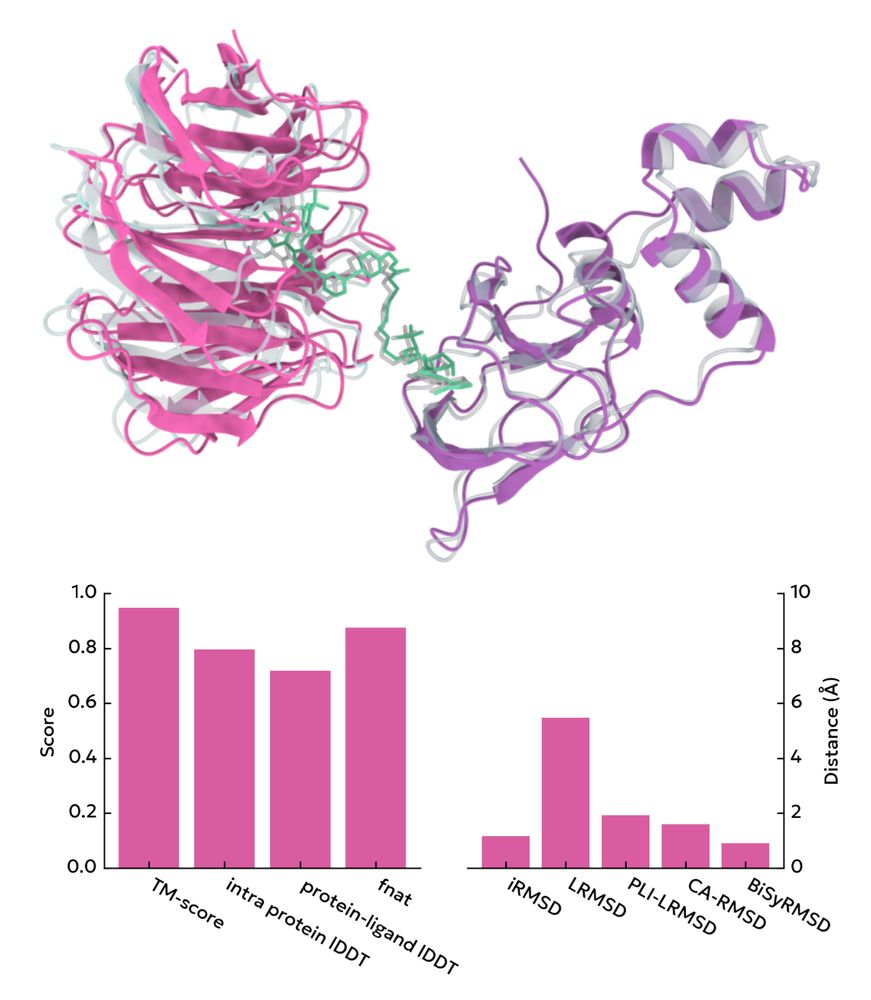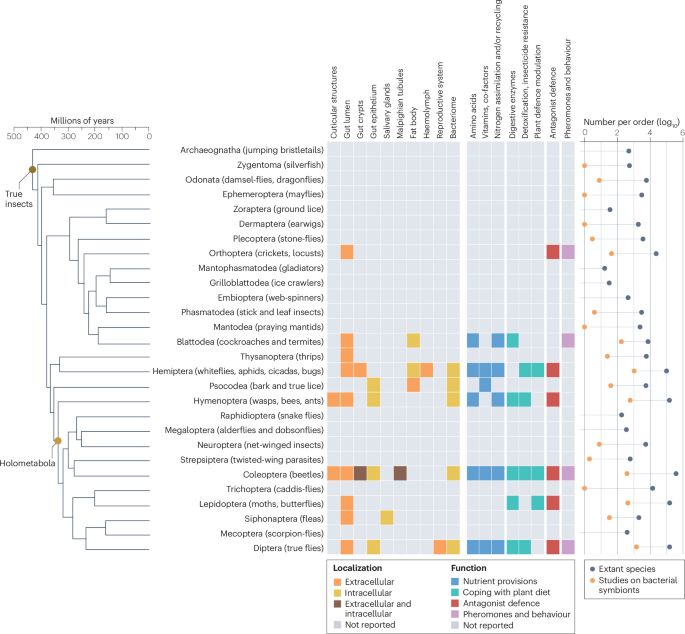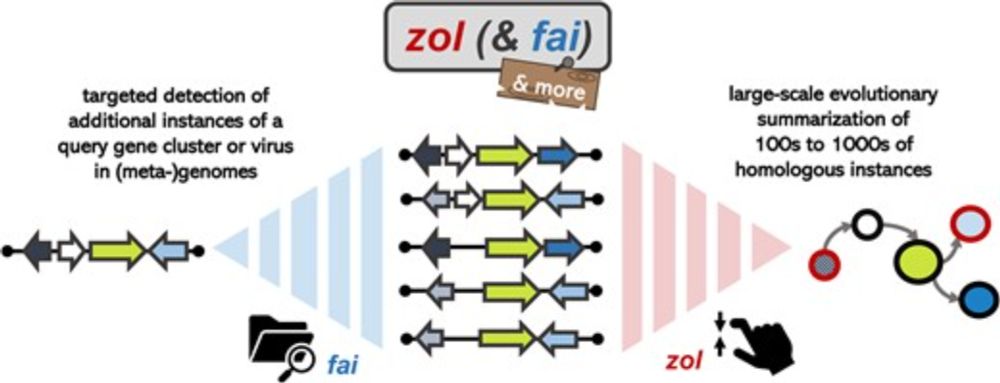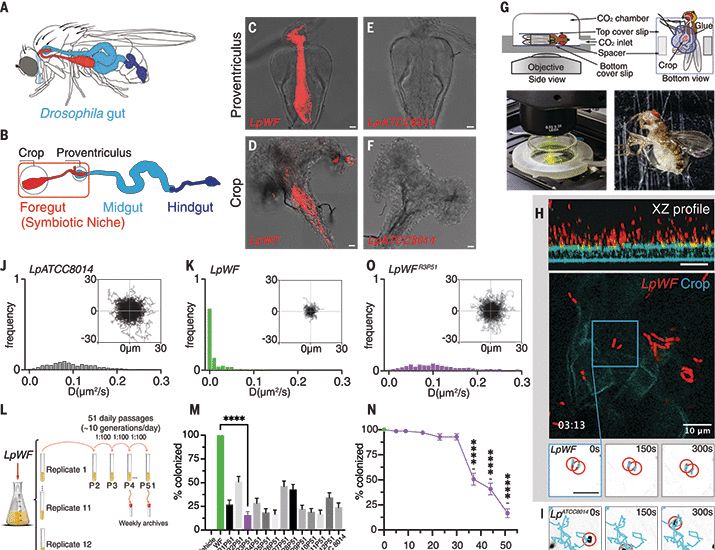
Bioinformatics | Bacterial Natural Products | Host-Microbe interactions
Origins of a tangled bank: Adaptation and evolution in antibiotic-producing Streptomyces
www.gla.ac.uk/postgraduate...
please repost





I’ll be recruiting PhD students, lab technicians, and postdocs—so if you're interested in host-microbe interactions, I’d love to hear from you!
I’ll be recruiting PhD students, lab technicians, and postdocs—so if you're interested in host-microbe interactions, I’d love to hear from you!
peppr.vant.ai

peppr.vant.ai


IMO, the best way to get started with AF2 is "AlphaFold. A practical guide" from the EMBL-EBI. It explains how AF2 works in plain English, without code, and covers key metrics like pLDDT/PAE/etc.
www.ebi.ac.uk/training/onl...

IMO, the best way to get started with AF2 is "AlphaFold. A practical guide" from the EMBL-EBI. It explains how AF2 works in plain English, without code, and covers key metrics like pLDDT/PAE/etc.
www.ebi.ac.uk/training/onl...
🎉 Her work shows how to construct fully interpretable biomarkers employing bi-level graph learning! @jhu.edu @hopkinsdsai.bsky.social


GitHub: github.com/Kalan-Lab/zol
Please give the software a try and let us know if you have any feedback! And stay tuned for new features...

Learn more: https://buff.ly/3Wwij2K

www.science.org/doi/10.1126/...

www.science.org/doi/10.1126/...

